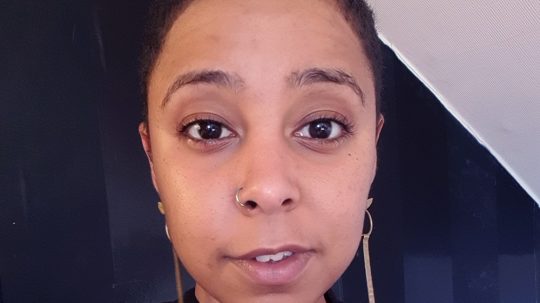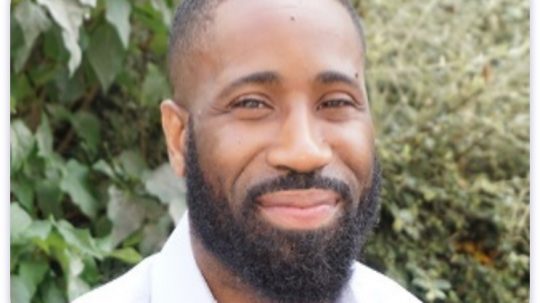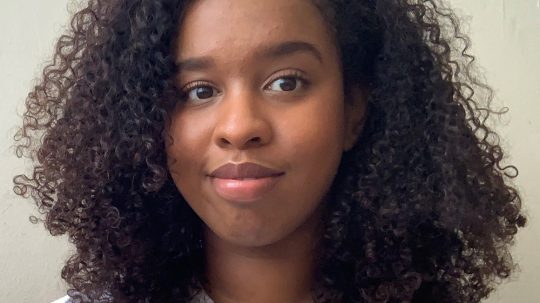The resurgent Black Lives Matter movement has placed renewed focus on a glaring issue within UK charities: the underrepresentation of Black and minority ethnicity staff, particularly in leadership roles. EachOther speaks to experts about the barriers which persist and what needs to be done to remove them.
While 14% of people in the UK come from Black, Asian or minority ethnicity (BAME) backgrounds, fewer than one in ten voluntary sector employees identify as such.
Meanwhile, a 2018 study of almost 2,000 members of charity senior leadership teams found that only 5.3% came from a minority ethnicity background. To put that into perspective, it means charity leadership teams in England and Wales were less ethnically diverse than FTSE100 firms and the House of Commons.
In the wake of multiple racism scandals, there has been ample impetus for charities to recognise that minority ethnicity representation around decision-making tables is essential, rather than a ‘nice to have’.
In August last year, Citizens Advice issued an apology after training documents for its advisers in England and Wales came to light which referred to “common traits” among BAME groups. The slides were condemned by the charity’s BAME Network Group, who said they “propagated racist stereotypes which actively harm the communities we come from.”
It has also been witnessed in the phenomenon of “poverty porn” and the notion of the “white saviour” in charity fundraising campaigns. The concept of the “white saviour” paints Black and brown people as helpless victims, while simultaneously portraying white people as the benevolent heroes coming to rescue them.
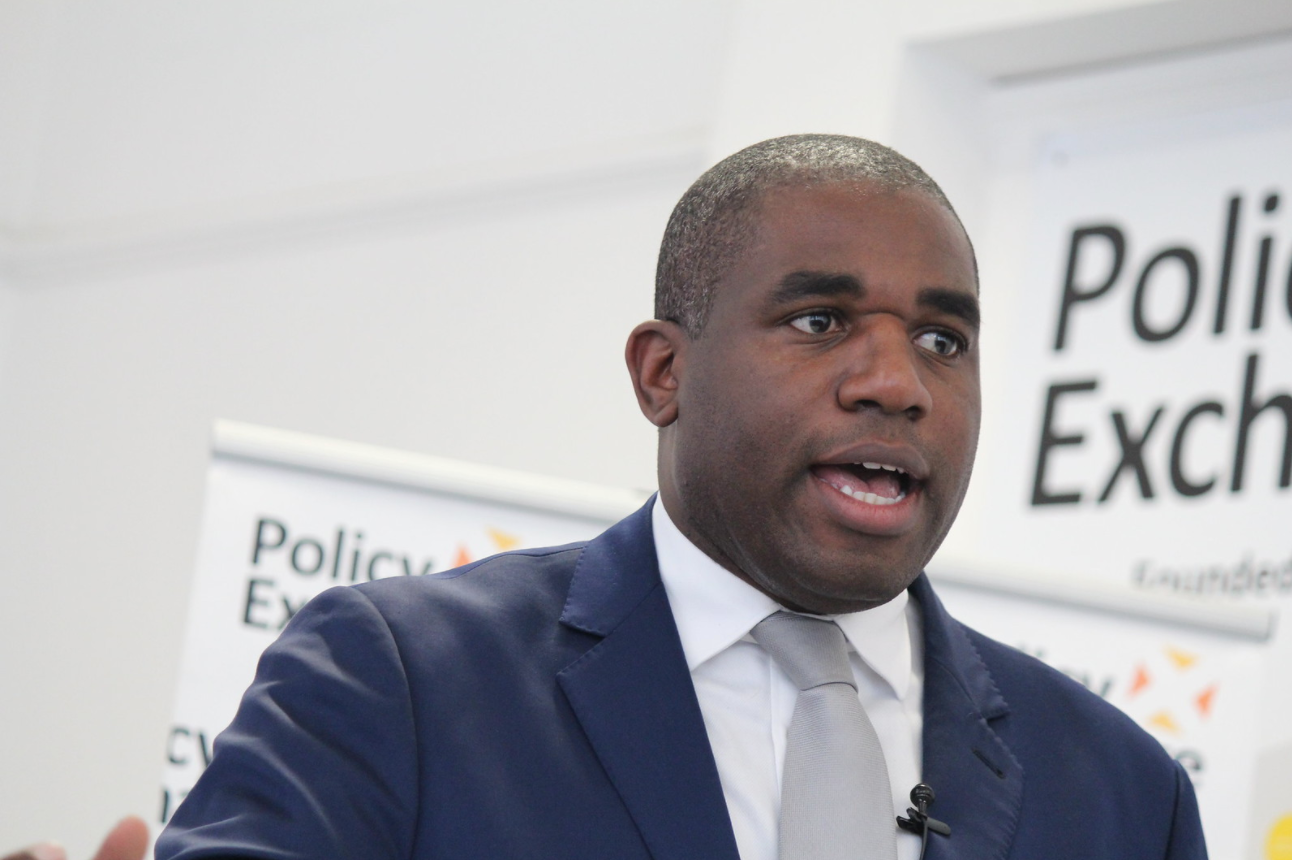
MP David Lammy accused Comic Relief for feeding into the “white saviour” trope. Credit: Policy Exchange / Flickr
It came to a head last year when Tottenham MP David Lammy lambasted Comic Relief for making a film in Uganda featuring white TV presenter Stacey Dooley. Dooley went onto post an image of herself with a Black child on Instagram with the caption: “OB.SESSSSSSSSSSED”.
“My problem with British celebrities being flown out by Comic Relief to make these films is that it sends a distorted image of Africa, which perpetuates an old idea from the colonial era,” Lammy said.
To resolve this, leaders must commit to ensuring that they truly understand the value of equality, diversity and inclusion.
Mayokun Alonge
Mayokun Alonge, founder and chief executive of inclusion consultancy the Equal Group, told EachOther: “There is a tendency for organisations to see inclusive actions from a perspective of ‘benevolence’ rather than seeing the value that people from underrepresented communities can add to the achievement of an organisation’s objectives.
“To resolve this, leaders must commit to ensuring that they truly understand the value of equality, diversity and inclusion.”
He added that the sectors’ lack of diversity stems in part from unconscious bias within charity recruitment processes. “In the absence of controls or interventions, hiring managers are more likely to hire someone that looks like them,” he said. “And, where a company is predominantly white, hiring decisions will reflect that.”

Mayokun Alonge. Credit: The Equal Group
Another additional barrier is exclusionary job criteria, he added. “Leaders or hiring managers must have an understanding of the way that historic barriers have an impact in the current context, such as asking for ten or twenty years senior leadership experience at a large organisation, will inherently exclude those from underrepresented backgrounds.”
He added: “There are a number of other ways that processes can be changed to ensure more diverse candidates are considered as part of your process, such as insisting on diversity.”
Bayo Adelaja, founder and director of Do It Now Now, a company which helps Black entrepreneurs and social enterprises access skills and tools, also cited cronyism in the sector as a driving factor behind the lack of representation. “It’s very, very difficult for those people that don’t have the connections to make those connections,” she said.
“Most Black people have no access to anyone working in the third sector properly.”
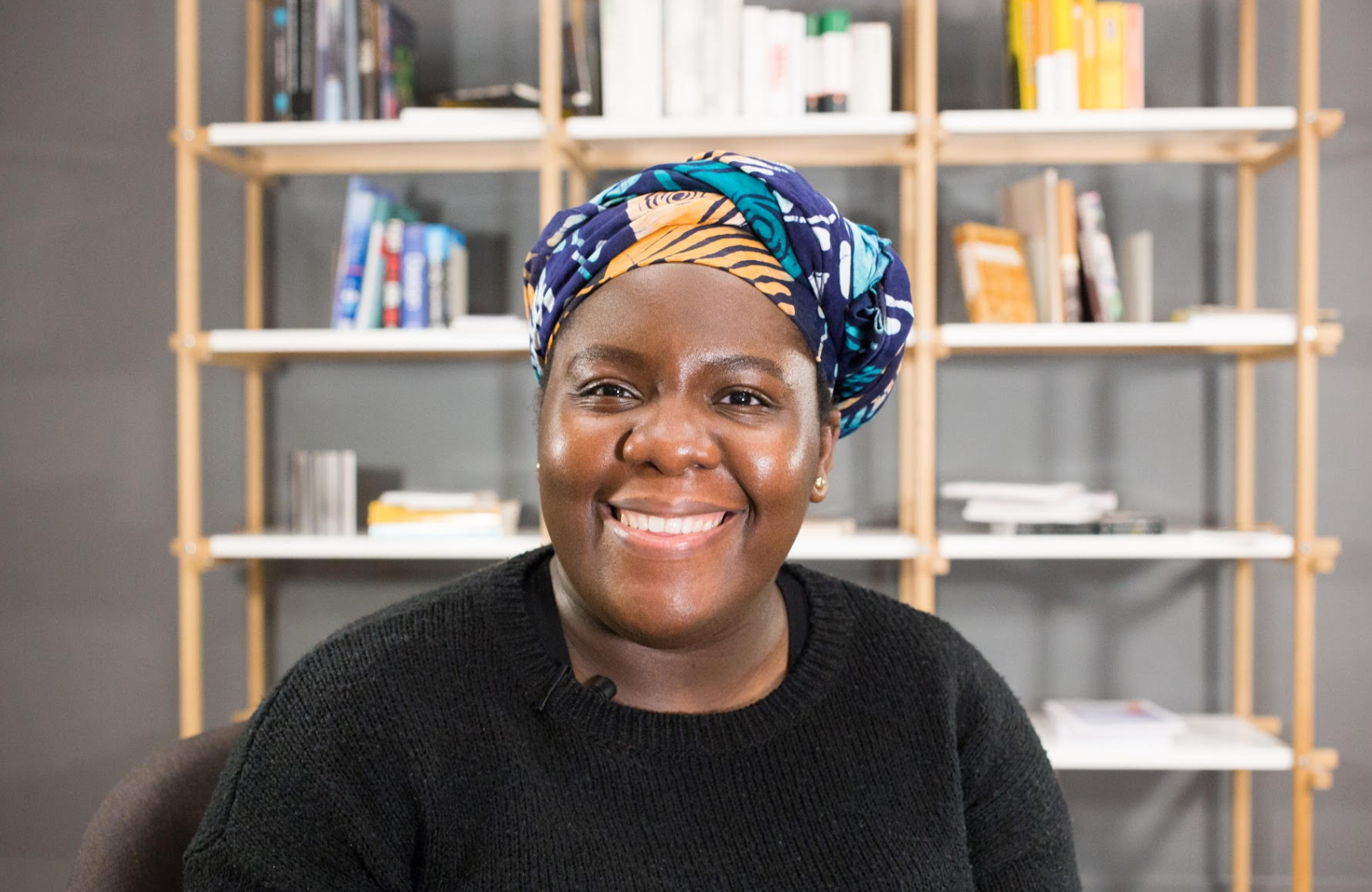
Bayo Adelaja. Credit: Pin Africa
I always feel like I was held to a higher level of standard than anybody else. I could say one thing the wrong way and I would be penalised.
Anonymous BAME charity employee
A report released earlier this year by Association of Chief Executives of Voluntary Organisations (Aveco) and campaign group Voice4Change in England has highlighted how racism and discrimination are undermining diversity in the sector.
It found that around 70% of the roughly 500 BAME charity workers it surveyed had witnessed, or had heard of, racism in the sector.
The most common form (80%) of racial antagonism was “ignorant and insensitive questioning” about colleagues’ culture or religion.
A total of 28 people had directly experienced physical threats, violence or intimidation – the least common form of discrimination but a behaviour “at odds with the compassionate image of the charity sector”.
“My line manager told me I needed to be more resilient,” said one anonymous survey respondent. “It’s taken me four years and a great deal of therapy to come back to the understanding that I was correct and should not accept treatment like that.”
“I always feel like I was held to a higher level of standard than anybody else. I could say one thing the wrong way and I would be penalised,” said another.
The research pointed towards BAME members of staff being “left to deal with the harmful consequences” of themselves – with only 40 out of 151 respondents saying they have reported that they had experienced racism.
‘It’s not just about getting them through the door’
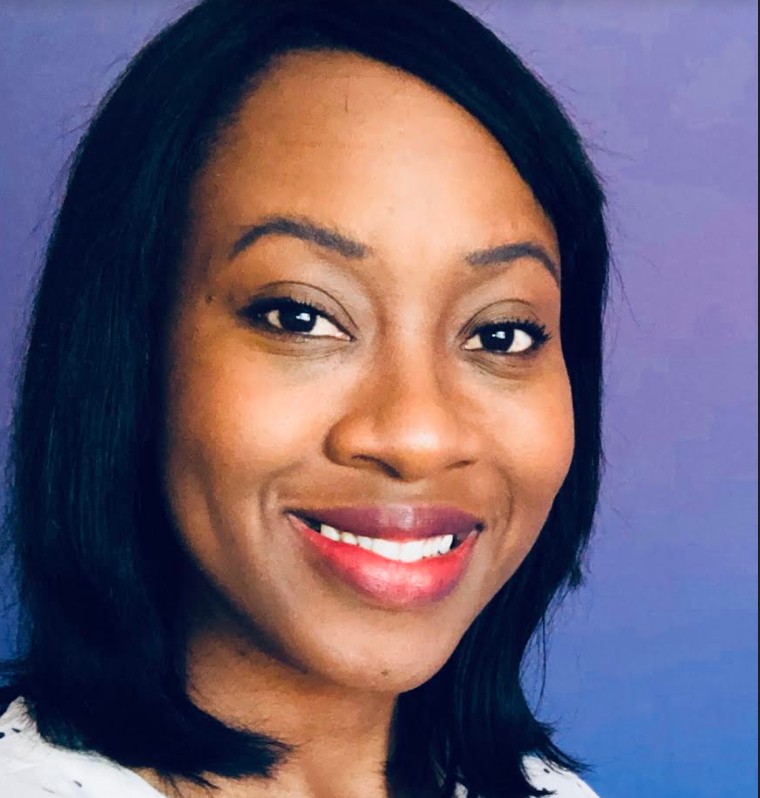
Precious Sithole said all staff must be made to feel comfortable in the workplace. (Credit: Supplied)
Precious Sithole is the chief executive at non-profit account Social Practice (ENT) and founder of Beyond Suffrage – a programme aiming to increase the number of women of colour in charity boards.
She told EachOther the charity sector cannot just be focused on numbers if it wishes to resolve problems with diversity.
“It’s not just about getting them through the door,” Sithole said. “It’s about making sure they are comfortable so they feel they don’t have to leave – because otherwise, you’re not dealing with the issue.”
There are many other suggestions for how charities must address the lack of diversity within the sector.
Anti-racism campaign group CharitySoWhite has called for for a “shift in fundamental structures” to address inequality in the industry.
Their “calls to action” tell the sector to prioritise candid and honest conversations about racism, to publicly acknowledge racism within the sector and within their organisations, and to commit to tackling institutional racism in the sector.
Temi Kamson, founder and CEO of GT Scholars, echoed these requests. “Thanks to campaigns like CharitySoWhite, I feel a lot more comfortable speaking up against racism in the charities sector,” she said.
“The institutional racism that exists within the charities sector won’t go away until charity leaders learn to look within themselves, and stop seeing themselves as ‘the good guys’ that are doing the right thing, and start seeing that we are all equal.
“Everyone deserves to be treated fairly, and no group is better than the other.”
Adelaja has called for the sector to produce proper pathways for staff to report incidents of racism.
“Companies need to make antiracism statements in the same way they make antislavery statements,” she said.
There have also been calls for “blind” application processes, where CVs are anonymised, and for candidates to take aptitude tests.
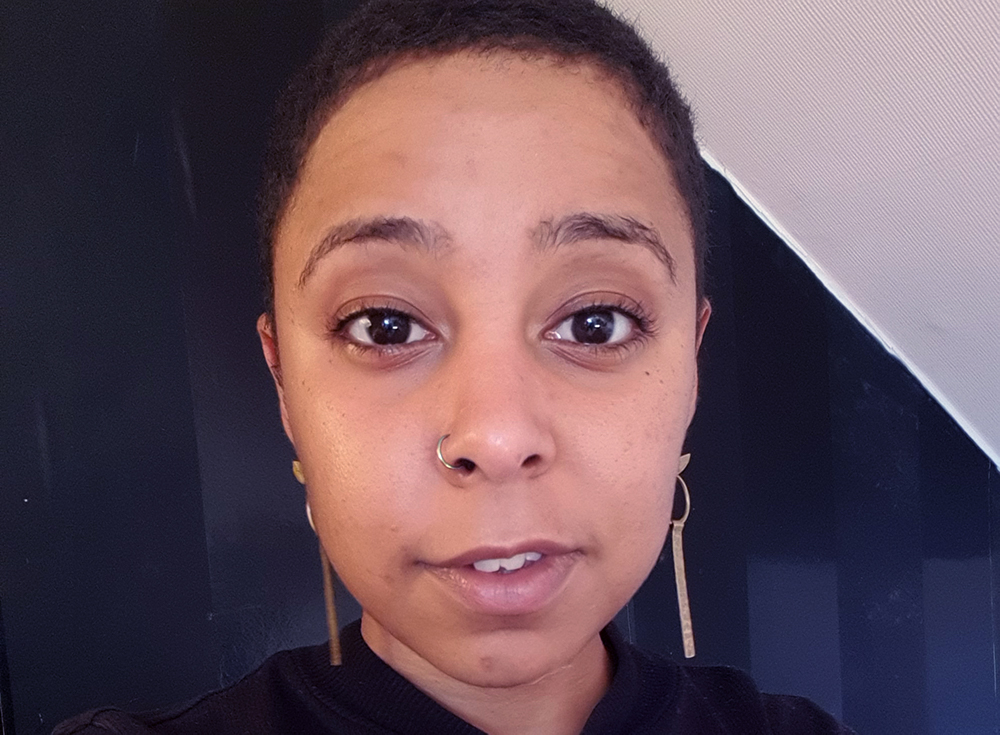
Martha Awojobi, a non-profit consultant and organiser and treasurer at #CharitySoWhite. Credit: Supplied
CharitySoWhite’s Martha Awojobi, guest editor this week as part of EachOther’s BLM takeover, emphasised the importance of meaningful and concrete action – rather than ‘virtue signalling’.
“Tough decisions need to be made by organisations who really believe that Black Lives Matter,” she said.
“Otherwise all of those Black [Instagram solidarity] squares … were just a PR activity,” said Martha.
“Targets need to be set so that leadership reflects the beneficiaries that organisations serve. There should be no all white leadership teams.”


